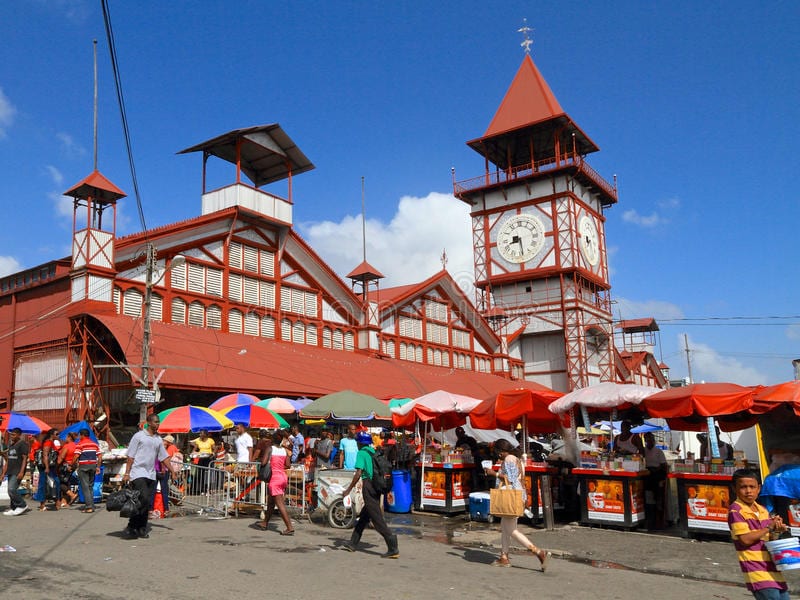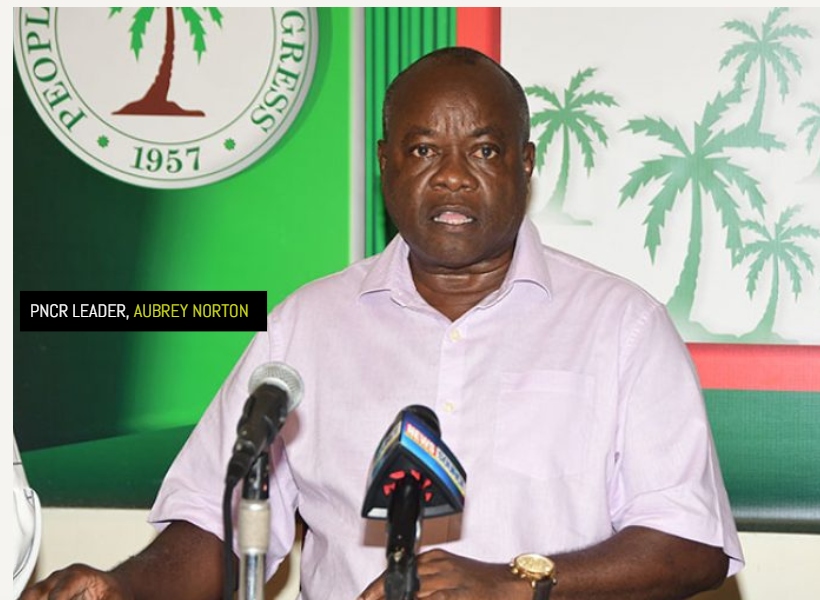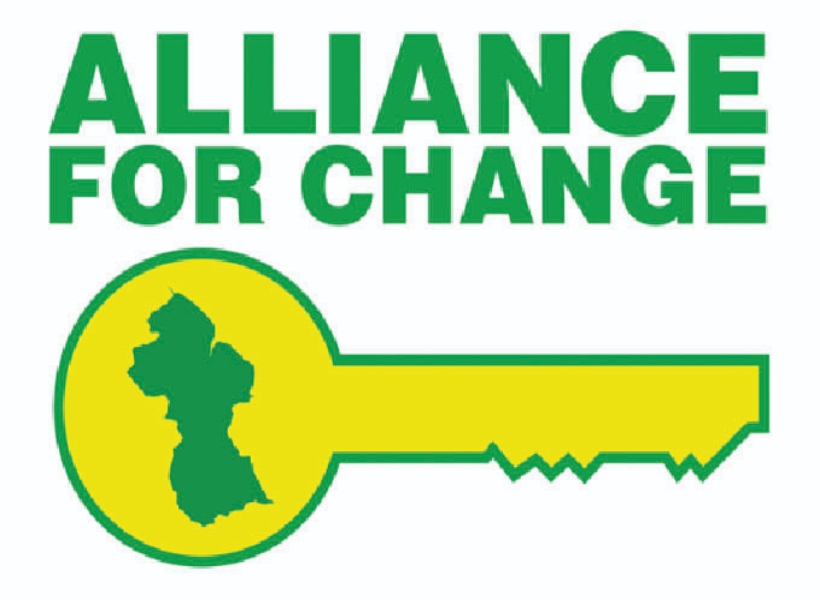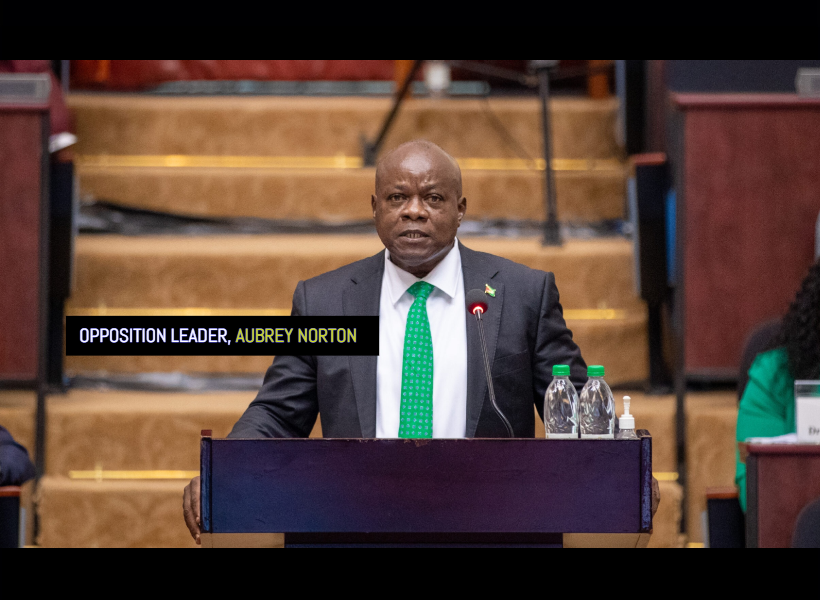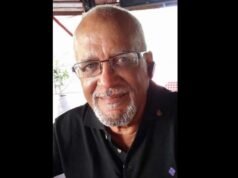If re-elected, Opposition Leader Aubrey Norton boasted that he will implement a series of development plans for the residents of Region Nine. He assured today that these plans would go a far way in bridging the gap between the hinterland and coastland communities. Norton also vowed to ensure that indigenous leadership would be free from political interference.
The politician alongside his team from the Office of the Leader of the Opposition, recently concluded a six-day visit to the Rupununi where they claimed to have engaged extensively with indigenous communities within the Upper Takutu-Upper Essequibo Hinterland Region and unveiled a comprehensive People-Centered Development Strategy.
During the visit, Norton said he and his team met with hundreds of residents, listening attentively to their concerns and aspirations. Central to their discussions was the commitment to foster sustainable growth and bridge the gap between the coastal and hinterland regions of Guyana.
Norton also emphasized the importance of empowering indigenous communities to shape their own destinies, adding that it must be free from political interference.
Outlined within the framework of the People-Centered Development Strategy are several key initiatives aimed at empowering indigenous peoples and fostering their self-determination. Norton pledged to relinquish political control over village leaders, entrusting decision-making to the residents themselves. He also proposed the removal of political influence from the National Toshaos Council (NTC), advocating for the direct election of its leadership by the people.
“ Indigenous peoples must have the greatest say in indigenous matters,” the leader stated.
Moreover, Norton promised increased consultation with indigenous communities to amend the Amerindian Act, ensuring it reflects their aspirations, addresses environmental concerns, and enables the formulation of indigenous-specific policies and programs. He reiterated his commitment to upholding indigenous rights, including Free, Prior, and Informed Consent, the right to self-determination, and land rights, among others.
The strategy also entails the promotion of sustainable indigenous communities through agricultural development, agro-processing, capacity building for local contractors and entrepreneurs, and access to international training opportunities to foster independence and end government dependency. Additionally, Norton proposed initiatives to promote indigenous languages in education and cultivate indigenous youth leadership and entrepreneurship.
Emphasizing the overarching goal of eliminating disparities between coastal and hinterland regions, Norton underscored the pivotal role of indigenous peoples in driving development. He reaffirmed his commitment to the People-Centered Development Strategy, asserting that indigenous communities will remain at the forefront of Guyana’s development agenda.
“The focus of (these) policies and programmes will be to reduce, and to ultimately get rid of the difference between the coast and the hinterland and promote the development of indigenous peoples in all spheres of life,” he also noted.
According to the opposition leader, his partygoers ambitious vision for Guyana’s indigenous communities signals a paradigm shift towards inclusive and equitable development, placing the aspirations of the people at its core.


